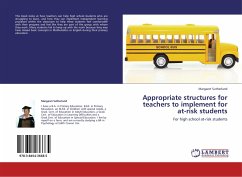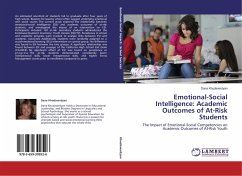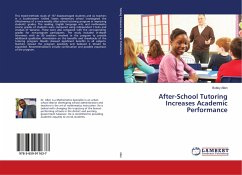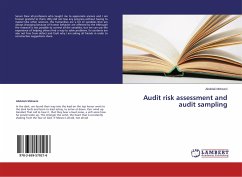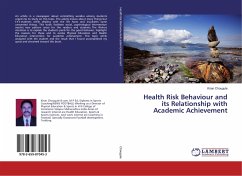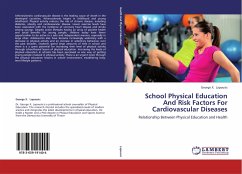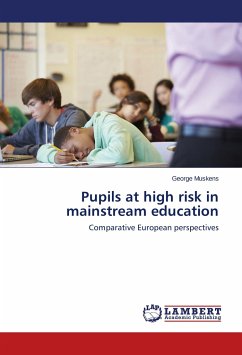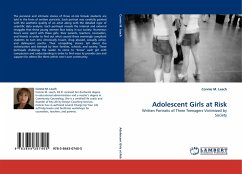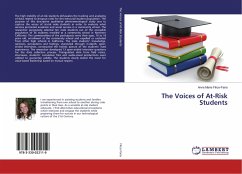
The Voices of At-Risk Students
Versandkostenfrei!
Versandfertig in 6-10 Tagen
37,99 €
inkl. MwSt.

PAYBACK Punkte
19 °P sammeln!
The high mobility of at-risk students obfuscates the tracking and analyzing of data related to dropout rates for this mercurial student population. The purpose of this descriptive qualitative phenomenological study was to capture the voices of at-risk male students in order to evaluate what services promoted academic and social success in a community school. The researcher purposively selected ten male students out of the accessible population of 36 students enrolled at a community school in Northern California. The commonalities of the participants were their ages, 16 to 18 years old, enrollm...
The high mobility of at-risk students obfuscates the tracking and analyzing of data related to dropout rates for this mercurial student population. The purpose of this descriptive qualitative phenomenological study was to capture the voices of at-risk male students in order to evaluate what services promoted academic and social success in a community school. The researcher purposively selected ten male students out of the accessible population of 36 students enrolled at a community school in Northern California. The commonalities of the participants were their ages, 16 to 18 years old, enrollment at the community school and expelled or excluded from other high schools in California. The male students' knowledge, opinions, perceptions and feelings, channeled through in-depth, open-ended interviews, constructed the holistic picture of the students' lived experiences. The researcher developed 13 open-ended interview questions for the data collection process. Triangulated data from field notes, interviews, students' cumulative files and audio-visual productions were utilized to guarantee validity. The students clearly stated the need for value-based leadership based on mutual respect.





